Excessive noise. Transporting firewood. Have you ever wondered why certain rules exist?
Thought, research, and science go into the laws and policies that cover provincial parks and conservation reserves. And it helps to understand the rationale.
Today, we’re sharing the logic behind a few of the rules our visitors ask us about most frequently:
Why is there a maximum capacity on campsites?
Ontario Parks is dedicated to the protection of park lands.
The maximum camper rule is in place to prevent overcrowding and to preserve the natural features of the park for future generations.
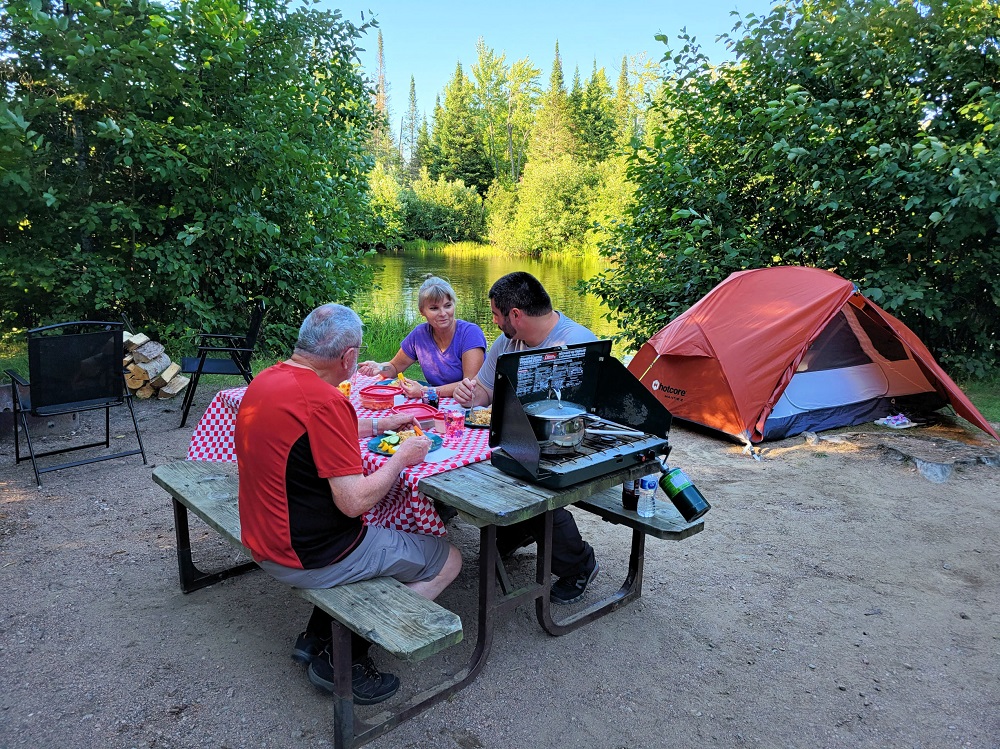
Can you imagine if eight or more people stayed on a campsite everyday for a year? Our campgrounds would start look very different simply from wear and tear.
By limiting the number of campers per site, we can help protect the natural spaces we know and love.
Why can’t I gather firewood (or bring my own from home)?
Parks are full of wood, true. However, it’s important that you do not collect firewood from within the park.
Ontario Parks welcomes millions of visitors every year. If everyone grabbed a stick from the ground or a low-hanging branch from the tree, there wouldn’t be any left.
Harvesting any natural object from a provincial park is prohibited, and you could face a fine.
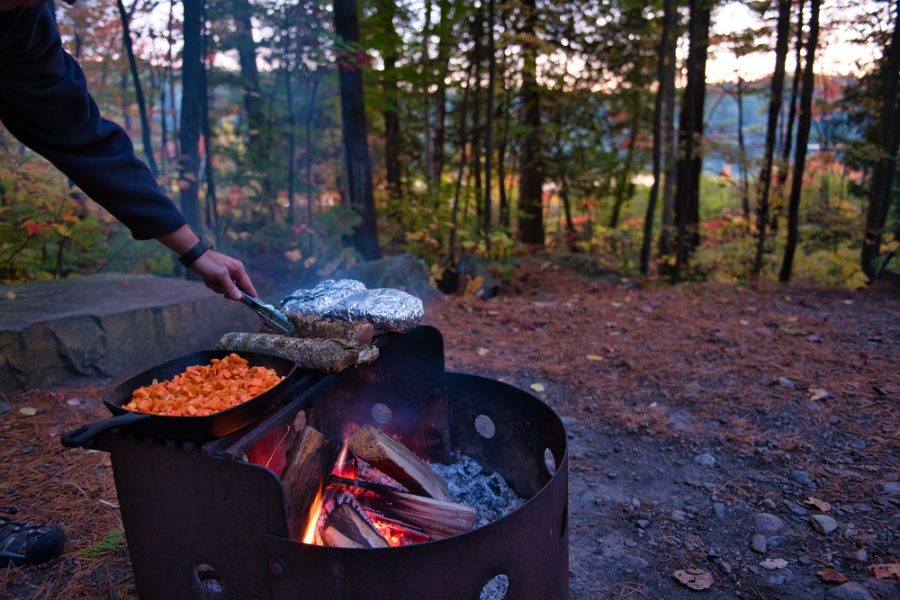
Bringing firewood when you travel to or from your favourite provincial park may seem harmless, but can spread invasive species such as insects, plants, and diseases.
Many of these species are hidden in the wood and are difficult to detect. Millions of trees have already been infected.
You can help us reduce the spread by leaving firewood at home, purchasing kiln-dried firewood where available, and buying local.
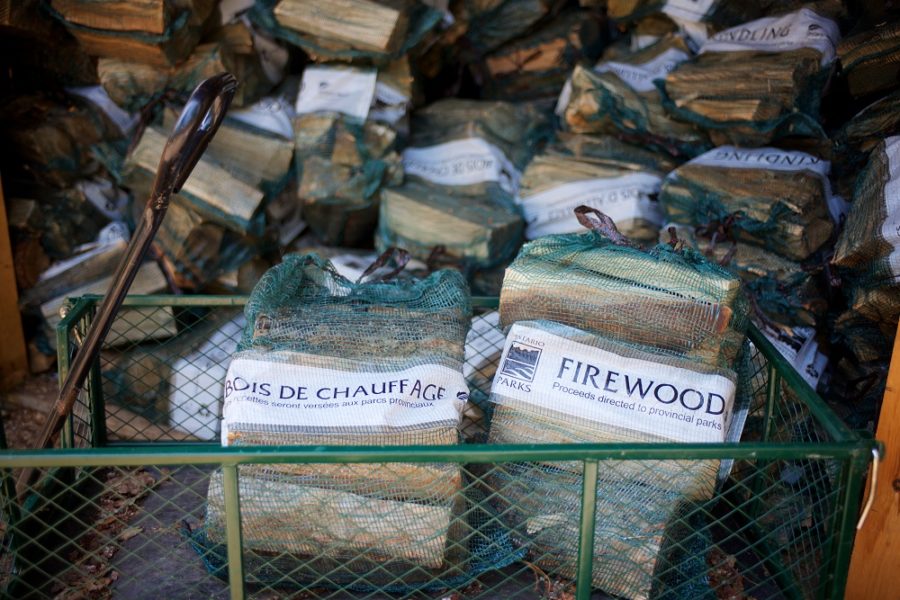
If you move firewood out of an area regulated for a quarantined pest without prior approval from the Canadian Food Inspection Agency (CFIA) you could face penalties of up to $50,000 and/or prosecution.
For more information on firewood movement restrictions and the latest updates about Emerald Ash Borer and other regulated pests, please visit www.inspection.gc.ca or contact the CFIA at 1-800-442-2342.
Why can’t I dump my dishwater on my site?
Would you be happy if the camper before you left yucky dishwater on your site?
Even the best of dishwashers leave tiny bits of food in their water. Those tiny bits of food are wildlife attractants, and can bring some unwanted visitors to your site.

Wildlife have very powerful noses, and they will be able to smell any leftover food residue. They may come by to investigate, which could lead to an unwanted interaction with humans.
The bits of food and leftover soap in your dishwater are also not natural to the park’s ecosystem. It’s important to dispose of it properly to maintain the health of the environment.
You can safely dispose of your dishwater at the trailer sanitation station or by pouring it down the vault toilets (outhouses).
Why can’t I feed the chipmunks (or raccoons or jays or foxes or…)?
We get it. It’s pretty cute when a chipmunk comes up to you, seemingly asking for a snack.
In reality, wildlife who do this are not displaying natural behaviour. They are habituated, which is dangerous for many reasons.
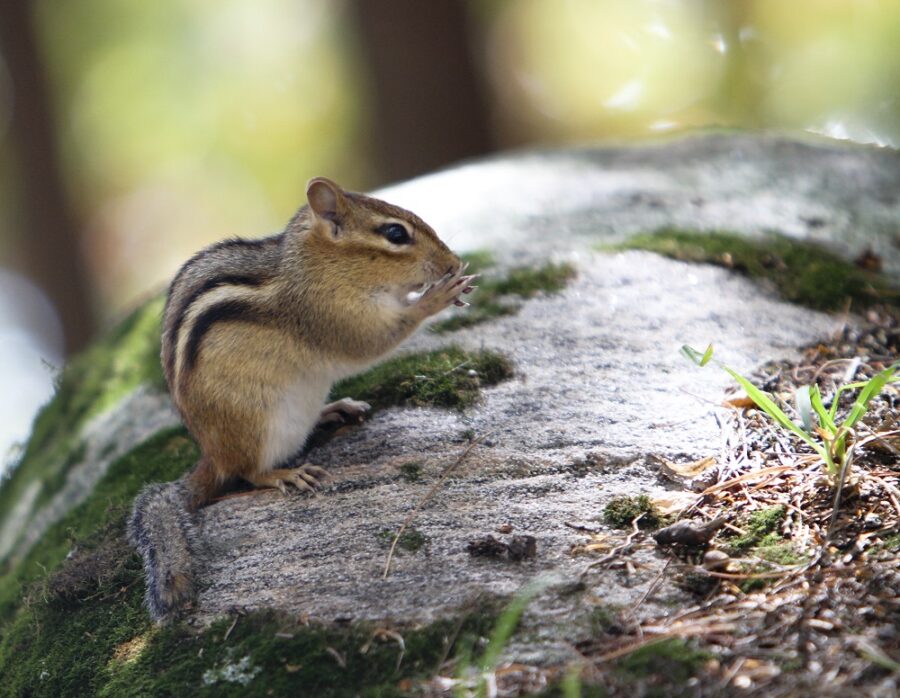
When you feed a wild creature, it learns it can rely on humans as a food source.
It may start hanging out in human areas. Like roads.
It may change its behaviour, or invite friends, disrupting the ecosystem’s balance (guess what happens to at-risk prey species when more predators move in?).
And what happens when humans aren’t there? Animals need to be able to find food for themselves, and human food is not a healthy part of their diet.
Feeding our wildlife is against the law for a reason. We appreciate your love of nature, but please admire our amazing animals from afar.
Why do I have to be quiet at night?
It’s not just at night.
Excessive noise is not permitted at any time, but there is a greater expectation of peacefulness in a campground as the night falls.
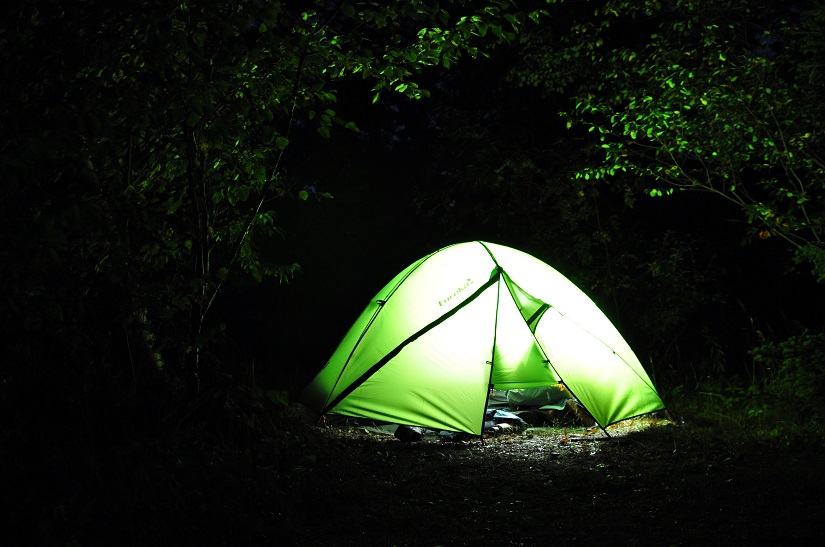
By all means, listen to music if that helps you enjoy your trip, but please keep it low-key and use headphones.
Keep voices quiet after night falls as people start to hit the hay. Remember: sounds really travel in a quiet campground!
We want everyone visiting parks to feel relaxed and at peace, and for many of our campers, this means enjoying the quiet.
Why can’t park staff pick up my trash?
Because we shouldn’t have to. We all share stewardship of our precious parks, and a responsible steward doesn’t leave trash behind.
Don’t get us wrong: our staff are complete heroes and put in amazing efforts to keep parks clean.
But littering is a massive problem in provincial parks.
Removing litter from every corner of our parks can take a huge amount of time, resources, and effort. We’ll say it again: we all share stewardship of our parks.
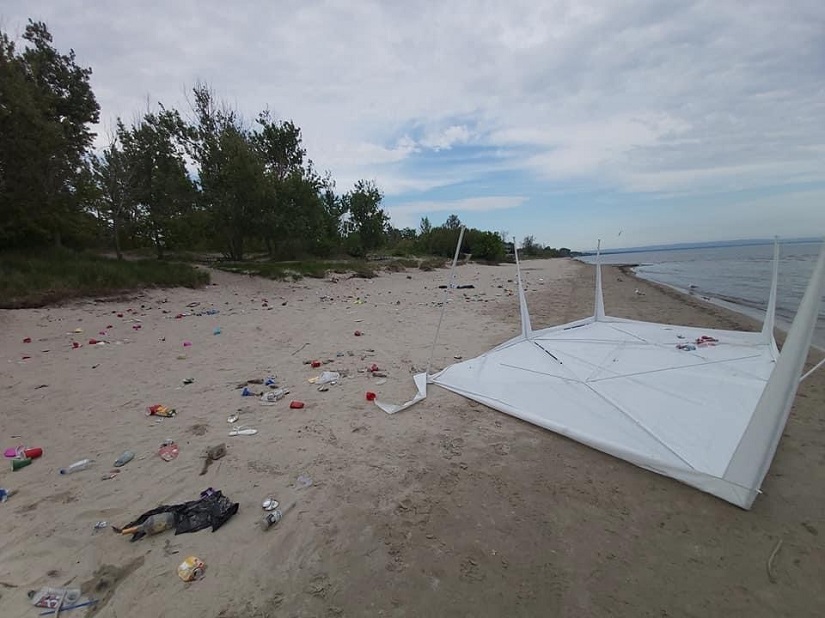
Garbage systems are in place to make disposing of your trash as easy as possible. Before you toss your trash, look for a garbage can in your area. We bet you can find one (and if you can’t, that still doesn’t make littering okay. If you pack it in, pack it out!).
Leave your campsite cleaner than you found it. Properly bag all of your trash, and dispose of it in the designated receptacles on your way out. Don’t forget that many parks offer recycling!
Even better, look for ways to reduce the waste you bring with you.
But parks are for me, right?
They absolutely are. But they’re also for all of our other visitors, including future generations.
To say nothing of being the home of a dazzling array of plant and animal species.
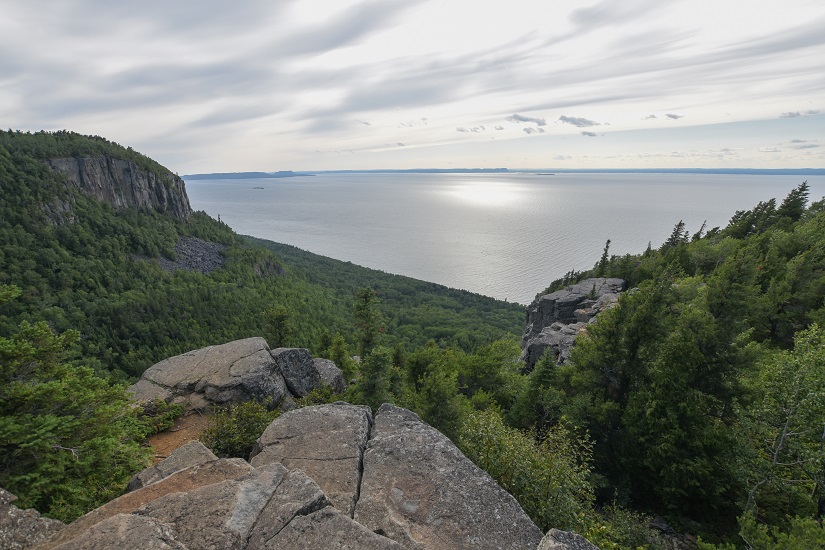
We all need to do our part to respect these precious spaces, and yes, this means following the rules.
